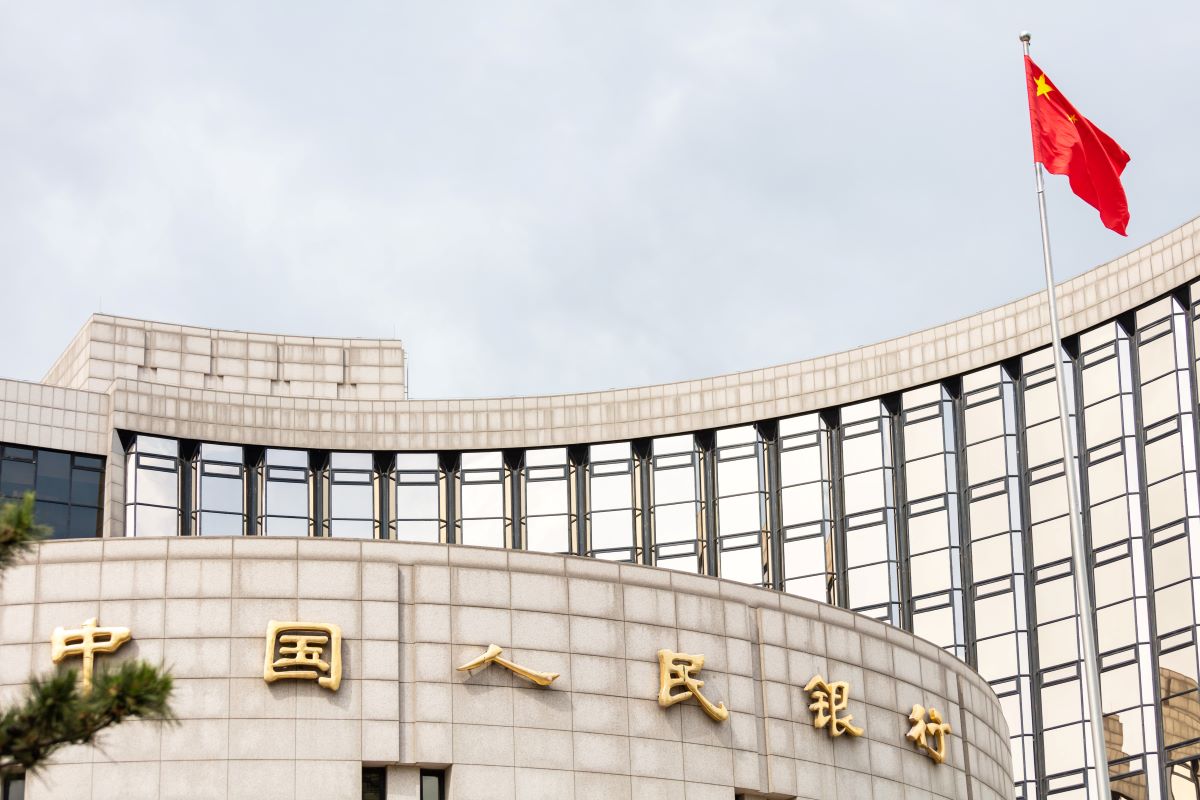China consumer inflation touched the highest level in two years in July – thanks to escalating pork prices. On the other hand, weak consumer demand helped to check the overall price pressures. In view of rising China inflation, the People’s Bank of China (PBOC) in its recently released quarterly monetary policy report said that it will work to protect the economy and pledged to stay away from large stimulus plans and printing too much money to spur growth.
Data from the National Bureau of Statistics showed that the consumer price index (CPI) climbed to 2.7% in July compared to the previous year, as pork prices surged 20.2% during the month. The rise in CPI was lower compared to the 2.9% median estimate by a Bloomberg survey of economists.
China inflation and economy
Rising China inflation amid weak economic growth and poor consumption does not bode well for the Chinese economy which is trying to maintain liquidity. The central bank circular comes on the same day as government data revealed that inflation had jumped in July.
“China’s monetary policy remains within a normal range,” said Pan Gongsheng, a vice-governor at the PBOC and head of the State Administration of Foreign Exchange. Gongsheng further said China would not embark on a large-scale, flood-like stimulus.
Meanwhile, the People’s Bank of China earlier this week conducted 2 bn yuan (about $295.81 m) of reverse repos to sustain liquidity in the banking system. The bank set the interest rate for the seven-day reverse repos at 2.1%.
According to the PBOC, consumer inflation is likely to top 3% in the second half of 2022. The central bank expects that China will be able to cap consumer inflation at 3% owing to initiatives taken to ensure supplies of grain and energy, and because of a cautious monetary policy.
Bruce Pang, chief economist and head of research at Jones Lang LaSalle Inc., said, “Inflation is likely to rise beyond 3% in the next two months because of a low base and the lift from pork prices….But core inflation will likely stay benign as domestic demand remains weak. This won’t cause much restriction to the monetary policy.”
Central bank’s attempt to spur growth
The PBOC’s statement came as a surprise to several economists who said that the central bank did not give any hint of tightening the monetary policy. As a result, there is hardly any scope for easing inflation in the ensuing months. However, Peiqian Liu, chief China economist at NatWest Group Plc, is of the view that there was “limited room for an upside surprise” in core CPI, considering how China’s Covid Zero Covid policies have stifled consumer demand.
According to the Goldman Sachs Group Inc., the focus of the PBOC report is on near-term inflationary pressures and the central bank is likely to maintain its perspective on low-profile, accommodative monetary policy. Economists at Goldman said that PBOC is likely to retain its general reserve requirement ratio and not alter the policy interest rates. They add that the Chinese central bank will probably focus on tools like its relending programmes or fall back on policy banks to enhance lending and support credit growth.
Chief macro analyst at Shenwan Hongyuan Group Co., Qin Tai, said the central bank’s pledge to “not over-issue money” suggests that it is of the view that the existing supply of liquidity is sufficient, which will reduce the reserve requirement ratio (RRR) or interest rate cuts for the remaining months of the year.
The PBOC said that elements that helped to check inflation over the past two decades, for instance, globalisation, have changed, and a resurgence in domestic consumption may hasten the transmission of factory inflation to consumers. The surge in pork prices and the country’s dependence on imported gas and oil have also set up challenges, the central bank adds.
Contrary to the U.S. and other major economies, consumer inflation has been relatively subdued in China during the first six months of this year because of strict Covid control policies and periodic outbreaks curtailing consumer as well as business spending. However, virus flare-ups and an ongoing crisis in the real estate market have led to a fragile recovery of China’s economy. To top it, factory activity contracted suddenly in July (PMI 49) and property sales continued to shrink.
The PBOC accepted that soaring inflation in the U.S. and Europe has been a lesson for the country’s macroeconomic policies. It said that in the current situation the bank’s top priority was to maintain a stable currency and keep inflation low. The PBOC further said that keeping the interest rates unchanged in the second quarter has helped it to sustain both internal as well as external balance in an environment of interest rate hikes by central banks across the globe.


 Australia
Australia China
China India
India Indonesia
Indonesia Japan
Japan Malaysia
Malaysia Philippines
Philippines Singapore
Singapore South Korea
South Korea Taiwan
Taiwan Thailand
Thailand Vietnam
Vietnam







